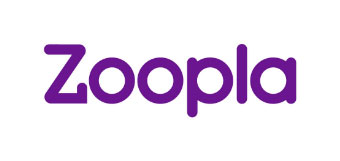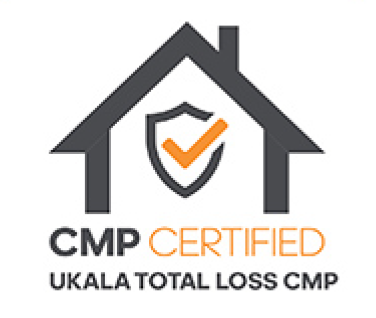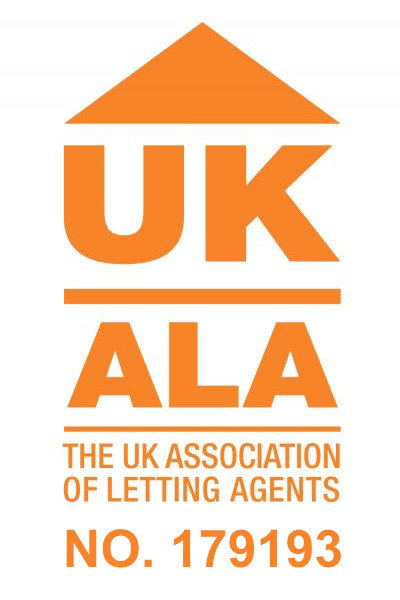When should I arrange my mortgage?
Most mortgage lenders will be able to provide you with a Mortgage in Principle, commonly known as a MIP or an AIP. This provisionally lets you know how much you can borrow, subject to finding a suitable property in a specified time. Establishing this proof of finance at an early stage in your property search can put you at a big advantage. Firstly, in terms of looking at properties via estate agents but more importantly, when it comes to making an offer, your position can be viewed by the agent and the seller with more purpose being you have a MIP. Do bear in mind though, MIPs give absolutely no guarantees being they are subject to survey and your mortgage application will still need to pass the necessary credit and lender checks initially.
When I make an offer on a property, what information do you require from me?
We will require: your position to proceed, I.e. first-time buyer or if you are selling, and the full details of agent and related sale if applicable. You will be asked for proof of deposit if obtaining a mortgage and either a copy of your AIP. Cash buyers will be asked for proof of funds, provided by your solicitor or bank.
When should I instruct my solicitor?
You will have to provide your solicitor’s details at the point you have an offer agreed. We can advise on a number of local companies that can assist you.
Will you keep the property on the market if my offer is accepted?
Generally, the property will be taken off the market to show ‘goodwill’ and allow you time to organise a survey and instruct a solicitor. A time frame is normally agreed at the point an offer is accepted and then put in writing within the sales letters. Should the vendor wish for the property to remain on the market you will be informed of this immediately.
What is the process with sealed bids?
A property goes to sealed bids when there is more than one person interested in buying it. We resort to this method in order to give all potential buyers a fair and equal chance to make their best offer. A date and time for the receipt of a sealed bid is set for all parties interested. You then send, in writing via email, your maximum bid, before the offers are then discussed with the vendor, with the winner often being the best in both price and ability to proceed.
What legal proceedings are involved?
Once a sale has been agreed you will need a conveyancing solicitor to handle the legal side. It is essential that you get someone you can trust who will work with you and your estate agent to make the process as easy and stress-free as possible. When the solicitor’s details for both parties have been received the sale is confirmed in writing and Filtons will keep you regularly updated on the progress of your sale.
How quickly can i exchange contracts?
This depends on so many factors that there is no one-time frame, but 4 -12 weeks is typical. We will discuss this extensively with you to try and match your timeframe with any prospective seller and get this confirmed at the point a sale is being agreed. Factors such as instructing your solicitor and mortgage provider at the earliest opportunity can make a big difference.
What is the difference between exchange and completion?
To enable an exchange of contracts you will have your mortgage offer or cash funds available and will have placed the deposit funds with your solicitor and all conveyancing completed. Exchange of contracts makes the deal legally binding and a completion date is then fixed. The completion date is the date you take possession of the property and the purchase monies are transferred to the other side.
What is Stamp Duty?
If you buy a property in the UK over a certain price, you have to pay Stamp Duty Land Tax (SDLT). This is charged on all purchases of houses, flats and other land and buildings.
Stamp Duty Land Tax Calculator
Purchase price of the property (£). New rates paid on the part of the property price within each band: £0 – £125,000 0% £125,001 – £250,000 2% £250,001 – £925,000 5% £925,001 – £1.5 million 10% Over £1.5 million 12% Please note that if you are a first-time buyer purchasing a property under £300,000 then you will be exempt from any Stamp Duty Land Tax. If you are a first-time buyer buying a house between £300-£500,000 then this would be subject to a tax of 5% on the amount over £300,000. If you are a first-time buyer purchasing a property worth over £500,000 then you are not exempt from Stamp Duty Land Tax and would have to pay the normal percentage amount.
What is the difference between share of freehold and leasehold?
Share of freehold is when a freeholder divides up his responsibility and the leaseholders become directors of the leasehold company. Leasehold is a method of owning a property for a fixed term but not the land on which it stands. Possession of the property will be subject to the payment of annual ground rent. When the lease expires, ownership of the property reverts back to the freeholder.






